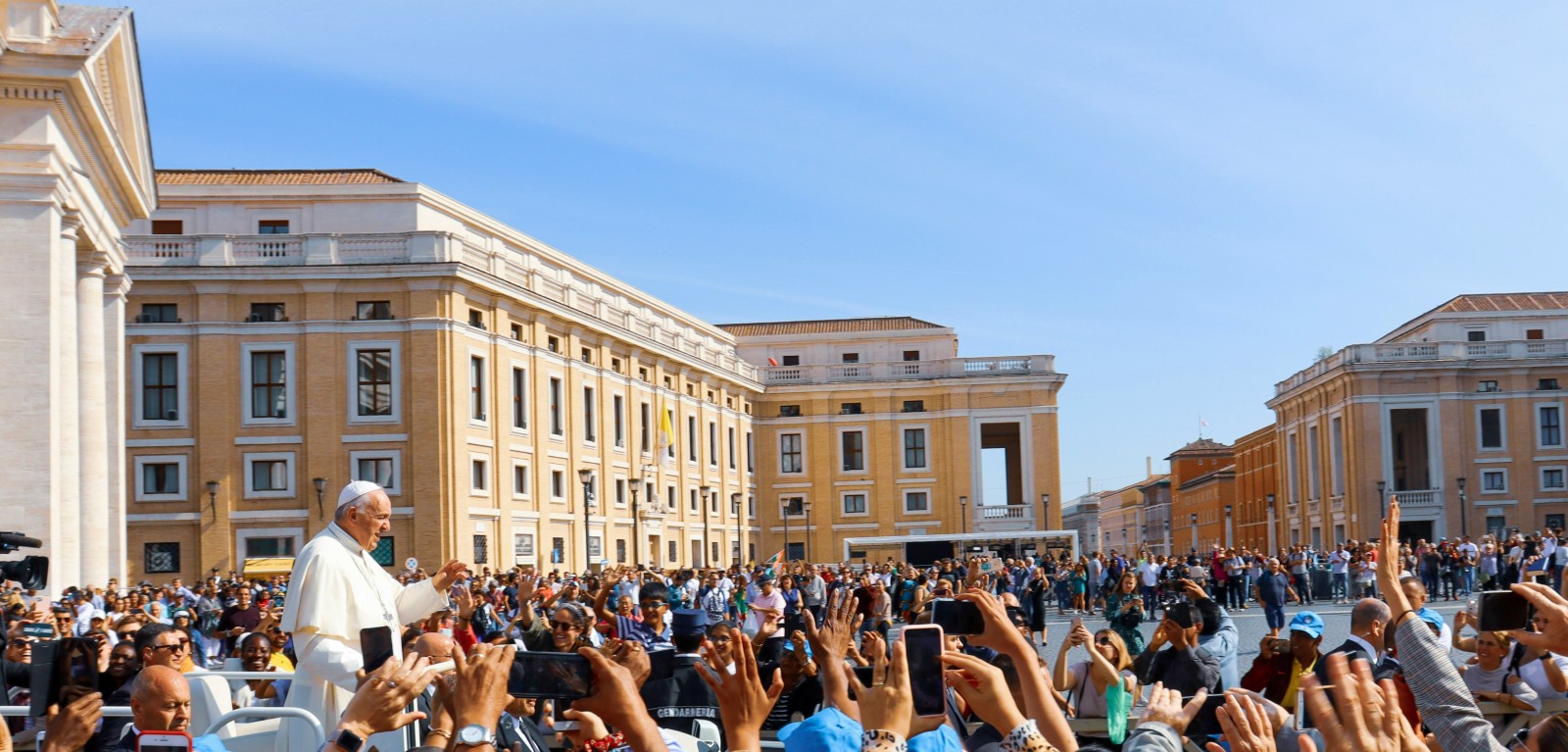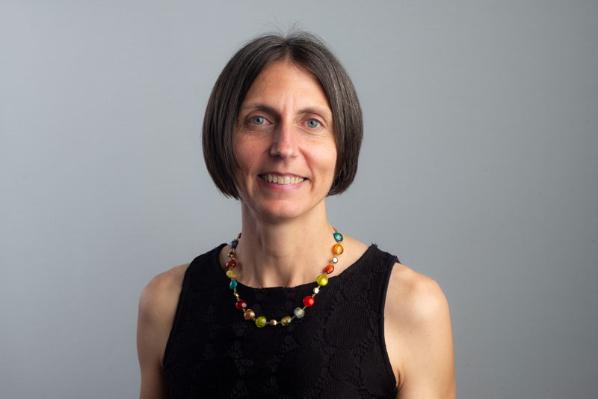‘Evangelical’ Catholics sought for new research at Queen’s
Catholics who identify as ‘evangelical’ are being asked to take part in new research at Queen’s University Belfast.

According to a 2023 survey conducted by the polling organisation Savanta ComRes on behalf of the Evangelical Alliance in Northern Ireland, 38% of practising Catholics would now describe themselves as evangelical.
This is a dramatic increase from a figure of 6% which was recorded in 2004, the only time this question was asked in the Northern Ireland Life and Times Survey, run by the ARK social-policy hub at Queen’s and Ulster universities.
‘Evangelism’ may be used as a broad, umbrella term for spreading the Christian gospel. But historically the related term ‘evangelicalism’ has been associated with the Protestant tradition and the idea that people must have a ‘born again’ conversion experience to be a Christian.
Now, social scientists at Queen’s want to talk to those Catholics who would call themselves evangelical to explore the extent of the rising trend and what the reasons behind it might be.
Professor Gladys Ganiel from the School of Social Sciences, Education and Social Work at Queen’s said the 2023 survey results were highly unexpected. She said:
“Given the historical association of evangelicalism in Northern Ireland with Protestantism and figures like the Rev Ian Paisley, this finding is certainly noteworthy.
“Historically, there would even have been a belief, in some quarters, that evangelical rhetoric was anti-Catholic – so to find that evangelical Catholicism is a growing demographic is definitely of interest.
“There are some reasons, however, why this may be. Both the late Pope Benedict and the late Pope Francis promoted what is called the ‘new evangelisation’, which aims to revitalise Catholicism in regions experiencing secularisation. In some of his encyclicals, Pope Francis also used language and ideas more traditionally associated with evangelism, such as cultivating a ‘personal relationship with Jesus Christ’.
“There may also have been some influence from the US, with Catholic bishops like Robert Barron who established the Word On Fire organisation, which explicitly uses the concept and language of evangelism to promote its message, including on social media.
“Even on the island of Ireland, there are organisations like the Iona Institute, which does not claim to be evangelical but which probably counts among its following Catholics who would describe themselves as so.
“These trends raise important questions about evolving religious identities and interdenominational dynamics, both in Northern Ireland and the Republic.”
Individuals who are over 18 and identify as both Catholic and evangelical are invited to participate in a short online survey (5–10 minutes), sharing insights into what led them to adopt this identity and what it means to them. The survey is anonymous unless participants wish to provide contact details for more in-depth follow-up interviews.
Results of the survey may be published in academic journals and other scholarly platforms, mainstream media and/or books. The survey is open to participants across the island of Ireland. Prof Ganiel added:
“If you identify as both Catholic and evangelical, we want to hear your story. By taking part, you’ll help us understand an important new trend, shaping future conversations around religion on the island of Ireland.”
The survey can be completed here.

Media
Media inquiries to Una Bradley u.bradley@qub.ac.uk